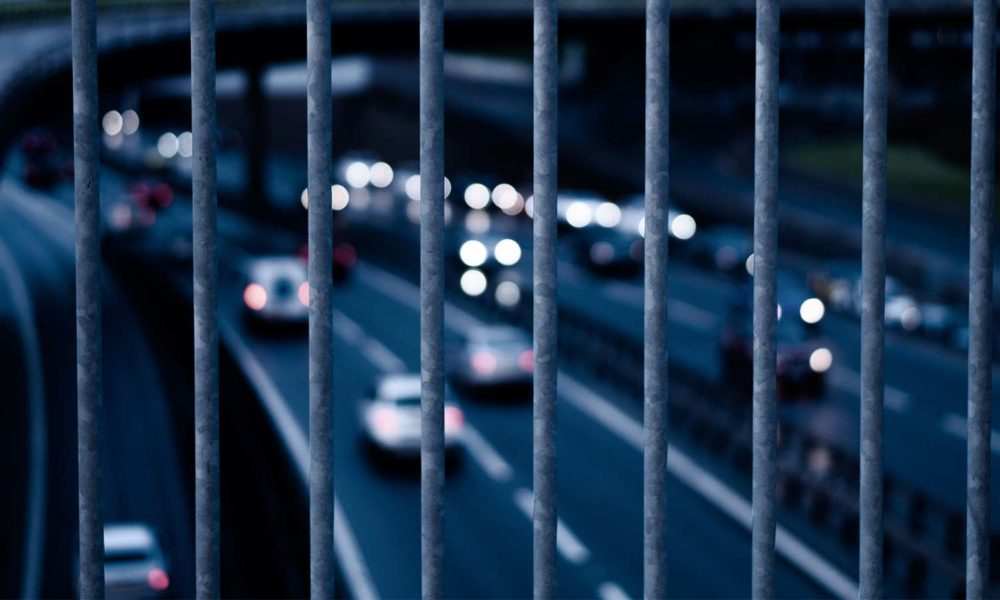While the administration just finalized its reduction in vehicle efficiency from 5 percent per year to no better than a measly 1.5 percent per year (despite their own evidence showing how bad it is for the country), that hasn’t stopped the auto industry from seeking even further reductions. In a new proposed change to how passenger cars and trucks are tested, the Trump administration is trying to give automakers a carve-out that would further increase global warming emissions from new cars by 1.6 percent.
Admittedly, this change is a little wonky so let me lay it out as best as I can. But the bottom line is that automakers are seeking even further, permanent reductions in the stringency of global warming emissions standards, right on the heels of a massive rollback of emissions standards.
Vehicles aren’t tested on regular ol’ gasoline
In the lab tests required for determining tailpipe emissions and fuel economy, most vehicles are certified using indolene. Unlike the fuel available at your gas station, indolene contains no additives and is one of the purest, clean-burning formulations of gasoline out there. It also has never been widely available for consumer purchase and hasn’t been a good representation of commercially available fuel for decades.
Back in 2014, the EPA finalized it’s “Tier 3” motor vehicle standards, which reduced evaporative and tailpipe emissions from automobiles and reduced sulfur and other pollutants in gasoline in order to improve air quality. As part of this rule, they also promised to phase in a rule that would require “Tier 3” gasoline be used for certification of automobiles—emissions of cars and trucks would now be measured using the same fuel available to consumers.
Automakers trying to game the new rules
After an extensive testing program, EPA is finally getting around to finalize the switch to Tier 3 gasoline as required. But it turns out that the fuel switch changes the emissions and fuel use of the vehicles, so now EPA must correct for the fuel switch. Automakers are seizing this formula correction as an opportunity to permanently erode global warming emissions standards.
It turns out that if the same vehicle is tested using Tier 2 and Tier 3 fuel, on average the certification results will show 1.6 percent fewer global warming emissions from the test on Tier 3 fuel. This means that, without adjustment, every new vehicle would appear to be 1.6 percent better just by switching how the test is conducted. That’s like comparing 100-yd dash times when one runner only had to run 98.4 yards! That’s hardly fair.
Unprecedented giveaway
EPA is appropriately proposing to correct its global warming emissions test to account for this change in fuel, just as they are required to do for the CAFE fuel economy test. However, automakers have asked the administration not to make the correction—and EPA is requesting comment on this proposal.
On the one hand, you almost have to be impressed with the chutzpah of the auto industry in such a brazen request—even children understand that you can’t change the rules after the fact. And to make this request after the administration has already nearly eliminated fuel economy and emissions requirements from 2020-2026? WOW.
On the other hand, what makes this ask particularly pernicious is not just that there is no legitimate reason for this ask (there isn’t)—it’s that the auto companies are trying to establish this precedent to permanently weaken EPA’s global warming emissions program and test procedures, regardless of the levels set under future standards.
This request goes against science and common sense
Importantly, EPA’s proposal does not adopt this ridiculous automaker request—their technical support documentation makes quite clear that the appropriate change is to make the correction. However, by requesting comment on this, EPA opens the door to finalizing this absurd ask.
With a 90-day comment period, we will be working over the next three months to push back as loudly as possible against the automakers for supporting this 1.6 percent weakening and the EPA for even considering granting a proposal that goes so clearly against scientific evidence and good governance.
The administration has already done enough damage to the environment by increasing automotive emissions—we don’t need them listening to automakers to do even MORE harm.

